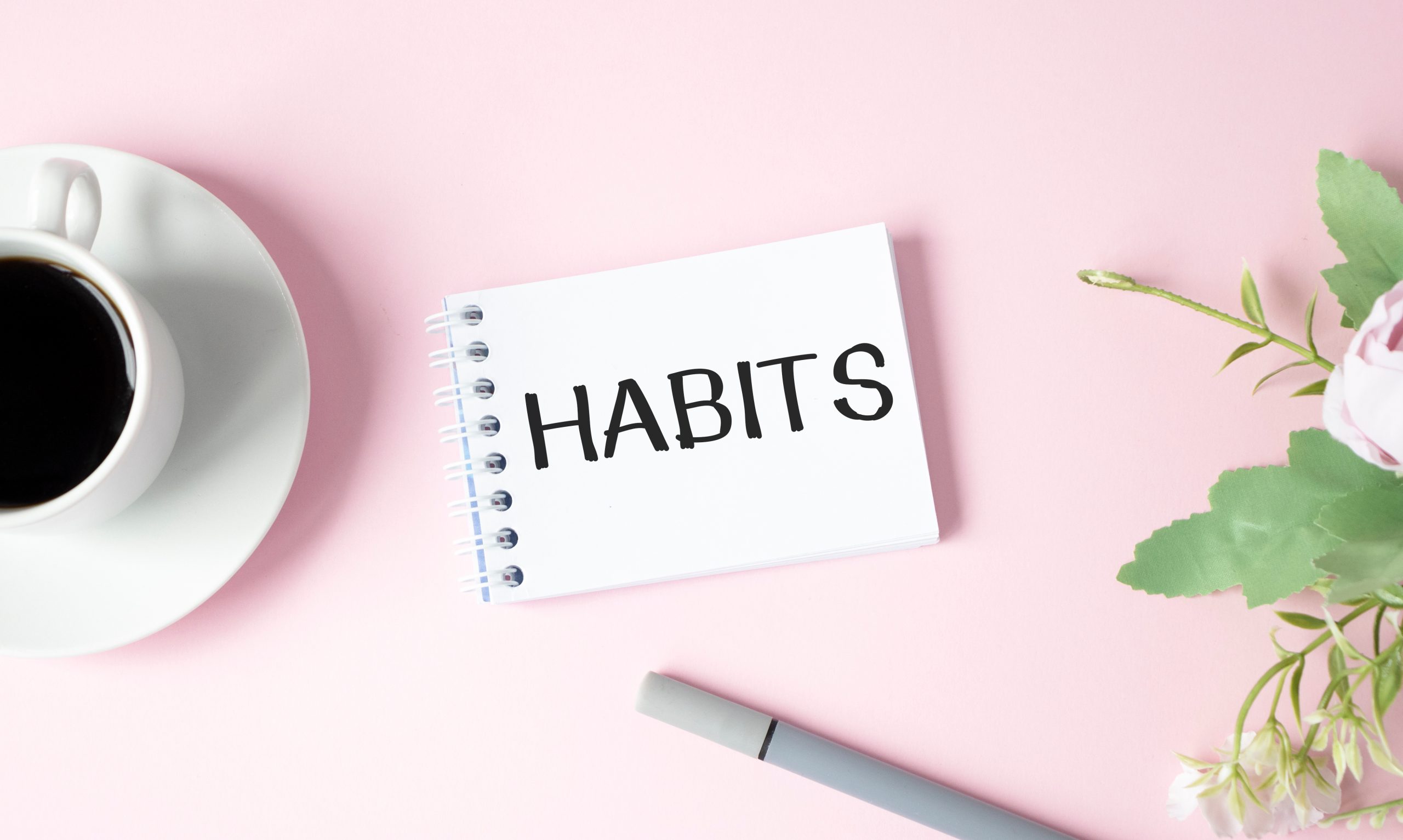What if everything you thought you knew about a “good night’s sleep” was dead wrong—and your actual bedtime roulette might be quietly sabotaging your heart, no matter how many hours you clock?
At a Glance
- Consistent sleep schedules now trump “eight hours” as the most important factor for heart health and longevity
- Irregular sleep times are linked to increased risk for over 90 diseases, including heart disease and even gangrene
- Major health organizations and researchers are rewriting sleep recommendations based on massive new studies
- Wearable tech and smart devices have blown open the truth about how sleep regularity affects our bodies
The Death of the Eight-Hour Rule: Sleep Science’s Great Plot Twist
Picture this: For decades, sleep experts marched in lockstep, chanting “Eight hours! Eight hours!” like an insomniac’s Gregorian choir. But as it turns out, your body could care less if you nail that magic number—if you’re snoozing at 10 PM on Monday, 1 AM on Tuesday, and noon on Saturday, your heart might be plotting its revenge. Recent heavyweight research, powered by thousands of wearable devices and a small nation’s worth of sleep logs, has toppled the old regime. The new health villain? Sleep irregularity. And, spoiler alert: this plot twist is now sanctioned by the National Sleep Foundation, which has officially dethroned duration as king and crowned consistency as the secret to longer life.
Watch: Consistent sleep schedules may matter more than duration
So, why the sudden upheaval? In the age of smartwatches, researchers finally got their hands on objective, minute-by-minute sleep data—no more squishy “How’d you sleep last night?” guesswork. Giant datasets like the UK Biobank revealed that people with erratic bed and wake times were far more likely to develop heart disease, diabetes, and even some conditions you’d never link to sleep, like liver cirrhosis. One study in 2025 found that irregular sleepers had higher risks for a whopping 92 diseases. That’s not just a “bad hair day”—that’s practically a medical bingo card.
Why Your Body Loves a Good Routine (And Hates Surprises)
Think of your body as a slightly neurotic orchestra conductor. It wants predictability: lights down, sleep time, curtain up, wake time. When you change the schedule—binge-watching till 2 AM one night, up with the birds the next—it throws off your internal rhythm. This isn’t just about feeling groggy; it’s your core biological systems going off-script. Studies have pinpointed inflammation as a key culprit. When your sleep schedule jumps around, inflammation markers spike, quietly laying the groundwork for clogged arteries, cranky livers, and a metabolic mess.
Researchers say this “social jetlag”—the difference between your weekday and weekend sleep times—can be just as damaging as crossing time zones. The problem is so pervasive that public health organizations are rewriting their advice. The new mantra: Regular bedtimes and wake times, seven days a week, are the ticket to keeping your ticker and metabolism humming.
The Science: Big Data, Bold Claims, New Guidelines
The evidence is less wishy-washy than a hotel mattress. The UK Biobank, with its army of wrist-wearing volunteers, showed that people with the most erratic sleep schedules faced a higher risk of dying from any cause—not just heart disease, but a whole grab bag of chronic illnesses. These findings held true even when researchers controlled for total sleep duration, age, and lifestyle. In other words, a steady snooze schedule beat out the vaunted eight hours for predicting who would stay healthier, longer.
The National Sleep Foundation convened a blue-ribbon panel (think Avengers, but with more lab coats than capes) and, in 2023, changed its official sleep guidelines to put regularity front and center. Harvard’s Dr. Charles Czeisler declared, “Consistent timing of bedtimes and wake times are associated with improved outcomes across multiple dimensions of health and performance.” Translation: Your internal clock is the boss, and it wants you to show up on time.









